Dated Thinking: 3 Crucial Ideas That Schools Struggle With
As education seeks to change in the 21st century, there are a few ideas that continue to challenge its progress.
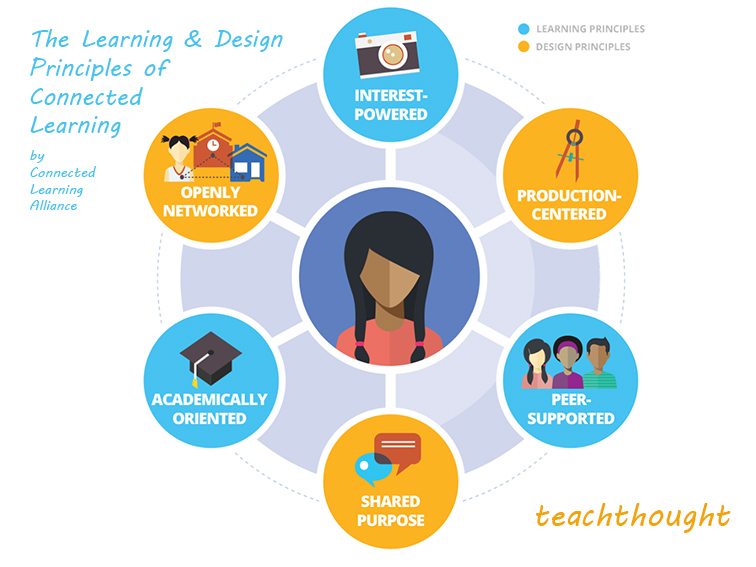
As education seeks to change in the 21st century, there are a few ideas that continue to challenge its progress.
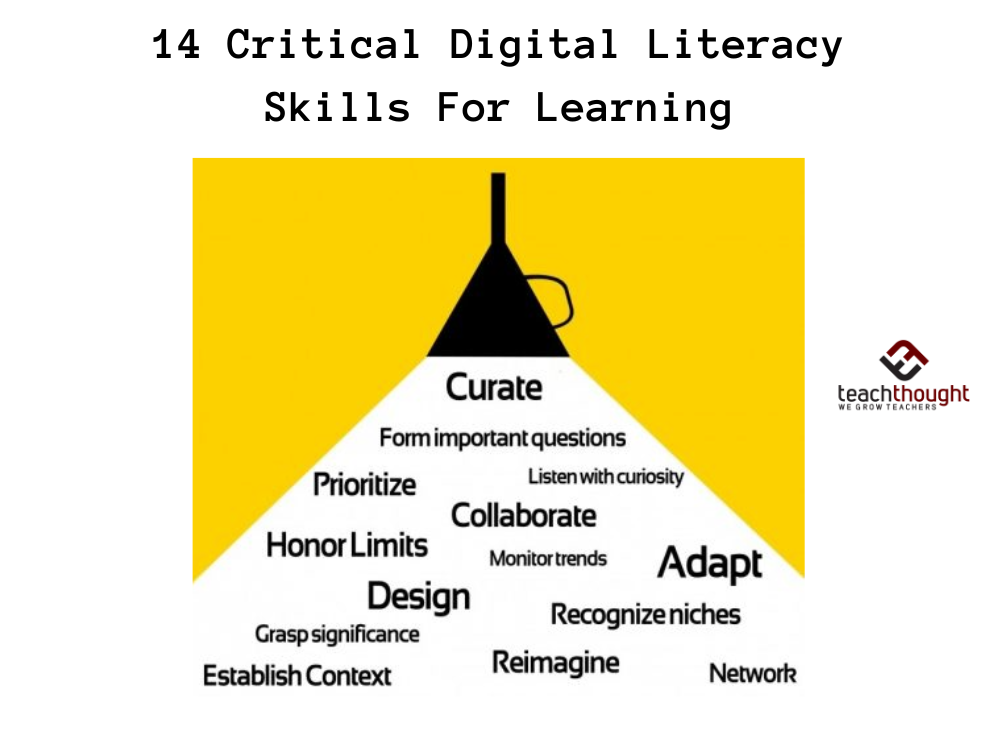
The process of adopting new learning domains and materials has exposed the need for new critical digital literacy skills.
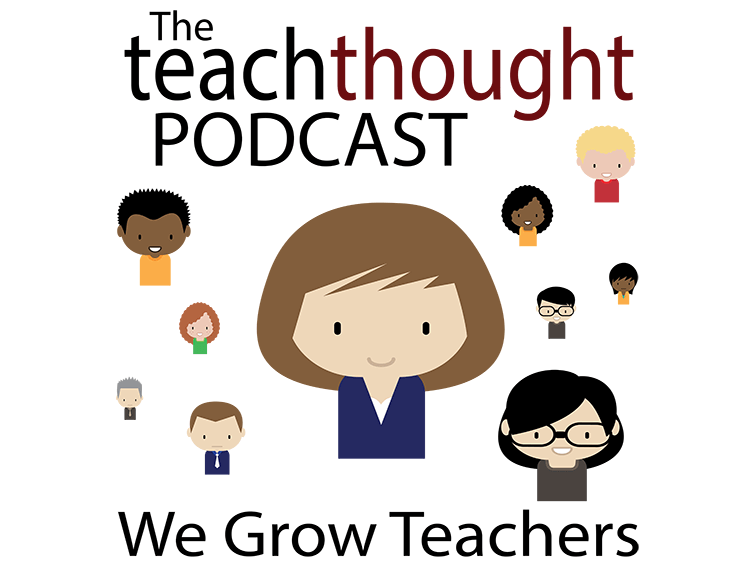
In this episode, we discuss test prep, how students can use what they don’t know, and what tests like the ACT and SAT really measure.
The focus on critical thinking, learning models, and thought leadership is remaining, with a goal to grow strong teachers.
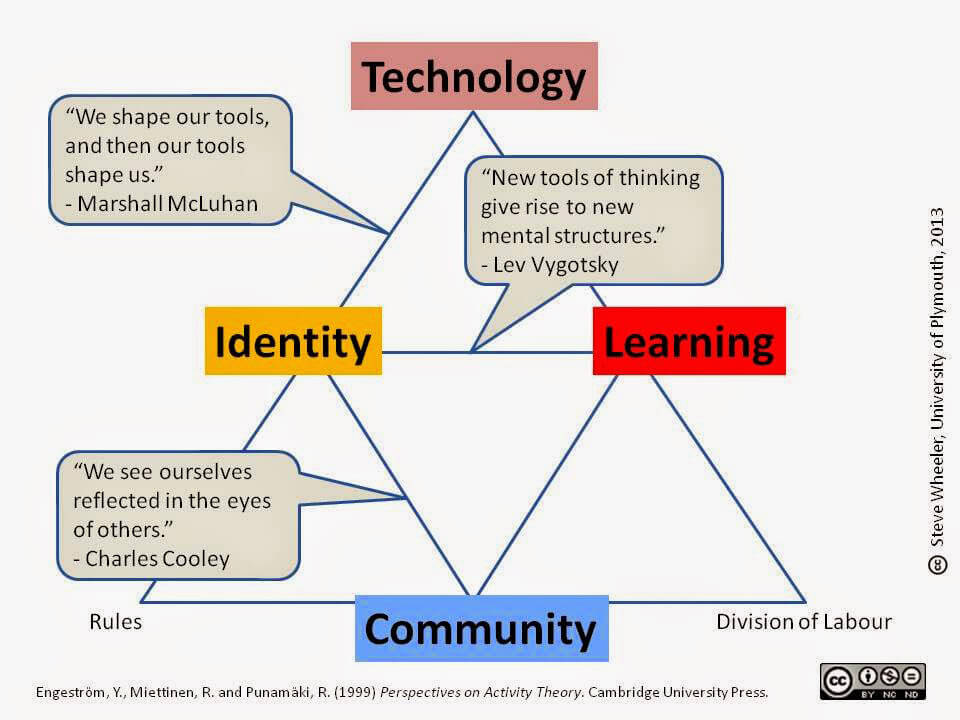
The days of ‘going to school to get a job’ could be slowly replaced by ‘critically learning so that we come to understand what must be done.’
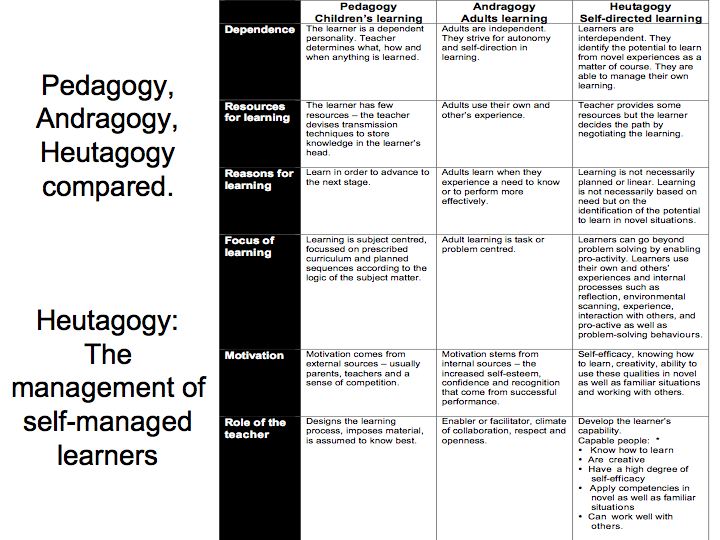
The difference between pedagogy, andragogy, and heutagogy has to do with purposes and roles–being taught or teaching yourself.
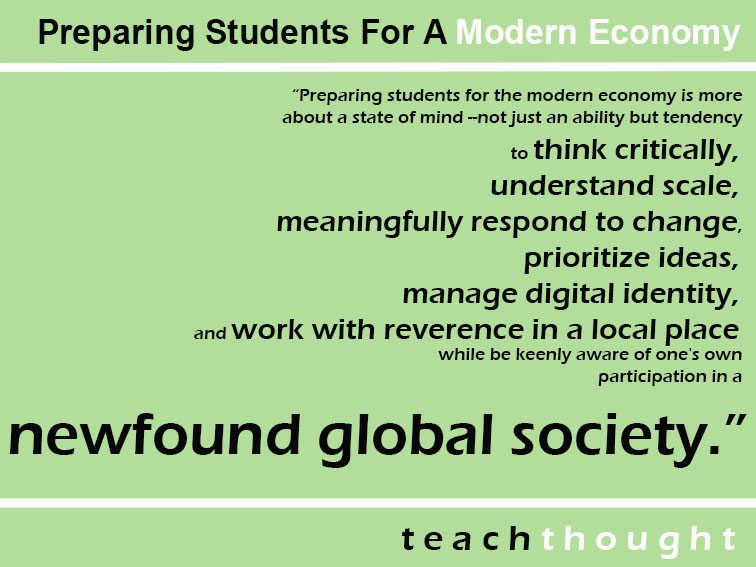
Preparing students for the modern economy isn’t about streamlining job-training, especially for jobs that change often & disappear quickly.
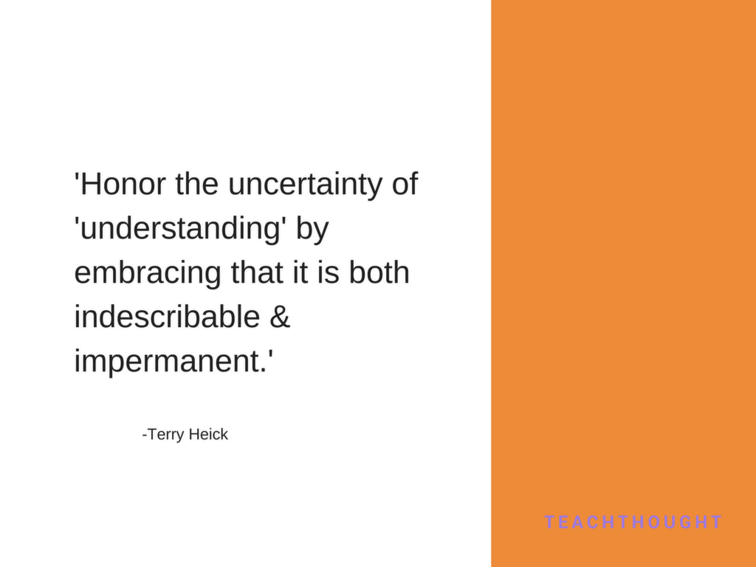
I. Education is both industrial and fundamental; it is the mutual product of both engineering and affection.
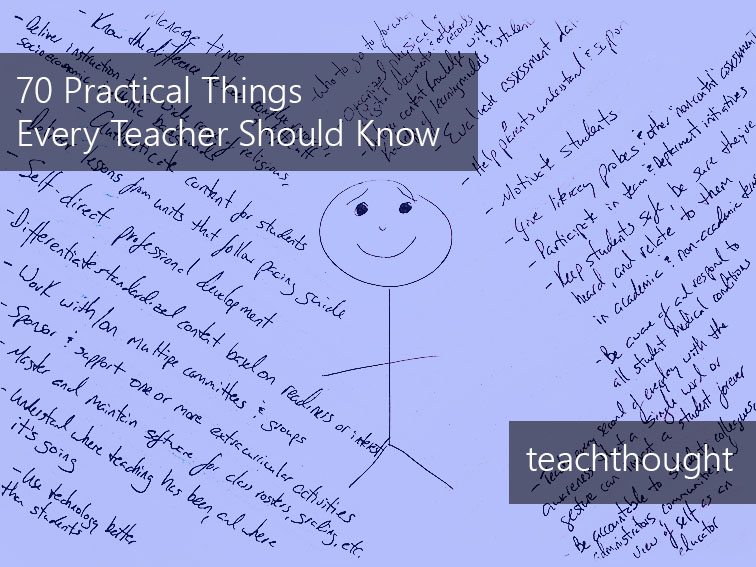
Having a solid base in theory makes sense but the questions he was getting–“Why did you become a teacher?”–seemed only vaguely useful.
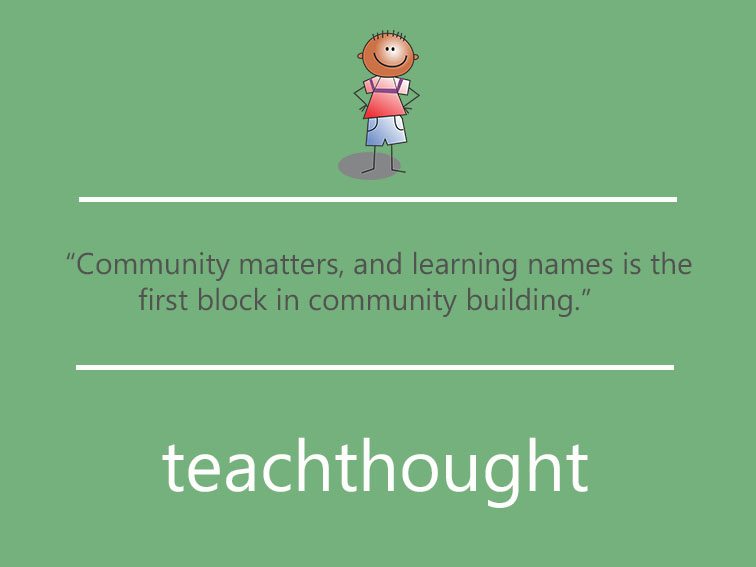
“What’s My Name, Fool?” Why You Must Remember Your Students Now! by Dawn Casey-Rowe Ernie Terrell didn’t get Muhammad Ali’s name right. Terrell repeatedly called Ali by his former name, Cassius Clay, in the days leading up to their 1967 heavyweight fight. He even sang a song using Ali’s birth name on Hollywood Squares, something that…
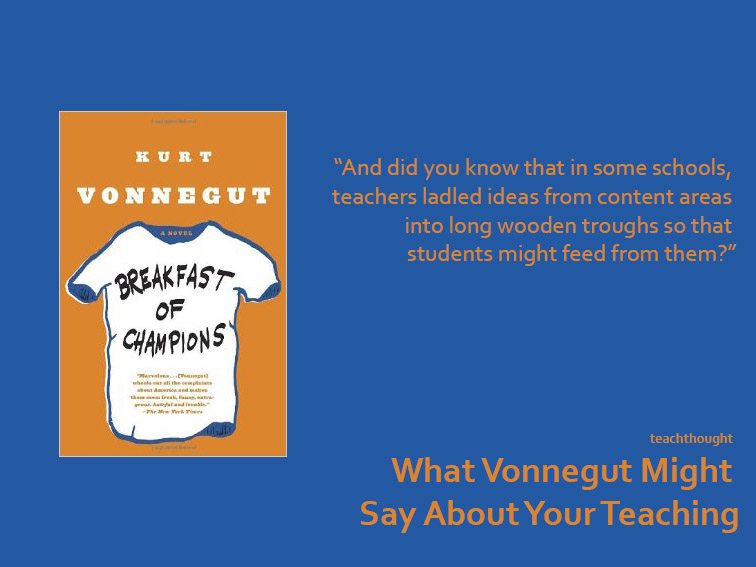
I’m in the middle of “Breakfast of Champions” by Kurt Vonnegut, and I stumbled on a magic secret about teaching I want to share with you.
Unlocking The Learning Potential Of The iPad by Terry Heick The iPad. Pop culture’s plaything and #edtech’s (somewhat dimming?) neon sign. It’s an app library, a media consumption device, and a mobile learning tool that makes yesterday’s graphing calculators, smartboards, and laptops look like abacuses. So we buy them then—by the truckloads, in fact. We stamp them…